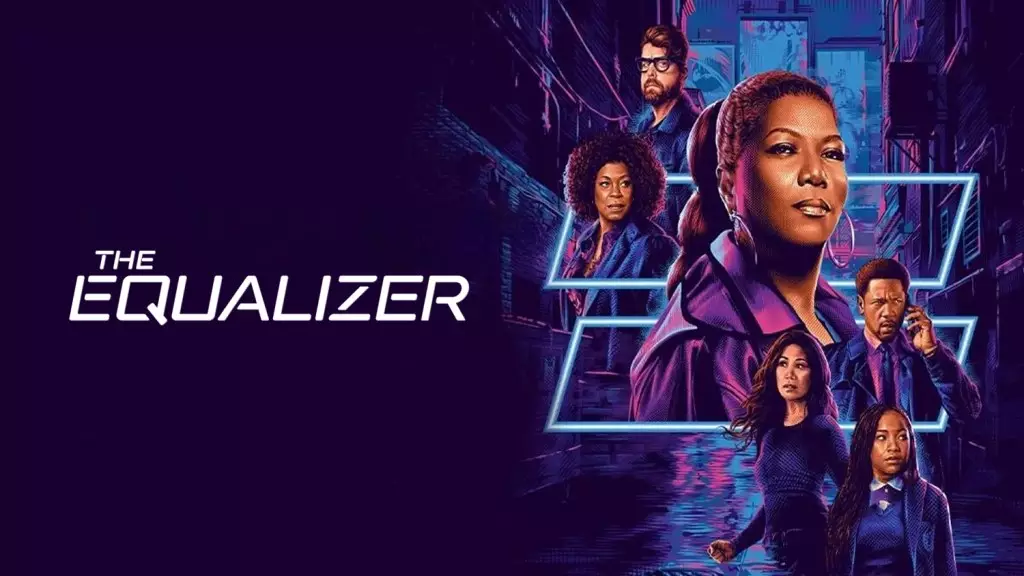The recent announcement regarding the cancellation of CBS’s crime drama The Equalizer marks the end of a significant chapter in television history. The show, which found its footing on the network during the 2021 Super Bowl, was an ambitious reimagining of the classic 1980s series that transformed cultural representation on screen. With Queen Latifah at the helm, both as the lead and an executive producer, The Equalizer became a symbol of strength, resilience, and empowerment. It’s disappointing to see such a groundbreaking show being pulled from the airwaves, especially when it came to advocating for diverse storytelling within a genre that can often feel monotonously homogeneous.
The Business of Television: A Harsh Reality
It’s no secret that the realm of scripted television is increasingly influenced by financial considerations. Despite the promising outlook earlier in the season, producers of The Equalizer reportedly negotiated budget cuts to align with CBS’s demands, indicating a desperate attempt to retain the series. This effort, however, failed to culminate in a sixth season renewal, demonstrating the fickle nature of network decisions that can overshadow artistic integrity and innovation. Simply put, while the creative team appeared willing to adapt to the network’s requirements, it wasn’t enough in a landscape where ratings and profits overwhelmingly dictate a show’s fate.
The broader landscape at CBS this season has seen several struggling series facing cancellation, leading to questions about their overall strategic planning. With only one of six scripted series receiving the green light to continue, fans must grapple not just with the loss of their favorite shows, but also the implications of network prioritization that often sidelines quality in favor of profitability. The Equalizer made strides in viewership, but as with many beloved shows, its eventual cancellation serves as a stern warning: even a hit can be cut from the lineup when the numbers aren’t compliant.
The Representation Gap in Crime Dramas
The Equalizer was unique not only for its captivating storytelling but also for being the fourth primetime drama led by a Black woman, symbolizing a significant milestone in an industry that still struggles with diversity. With Latifah’s portrayal of Robyn McCall, audiences were introduced to a character who transcended the typical tropes associated with leading roles in action and crime dramas. This representation was essential, showcasing the depth and complexity of a Black woman’s experiences and her fight for justice in a world that often marginalizes such narratives.
In its essence, The Equalizer was not merely a crime drama; it encapsulated themes of resilience and empowerment, serving as a beacon of representation for viewers seeking to see themselves reflected in the media. As tensions rise about inclusivity within Hollywood, the discontinuation of such a series raises critically important questions about who gets to tell the stories that matter and who is left unheard.
The Creative Vision Behind the Scenes
While The Equalizer faced the grim reality of cancelation, it’s crucial to acknowledge the innovative minds that shaped the series. Managed by a dedicated and talented team of writers and producers, including co-showrunners Andrew Marlowe and Terri Edda Miller, the show set out with a vision to create not just entertainment, but a cultural touchstone. The ensemble cast, including Lorraine Toussaint, Tory Kittles, and Liza Lapira, brought depth to their characters, contributing to a rich narrative tapestry.
Interestingly, despite rumors of behind-the-scenes tensions, the cast and crew expressed enthusiasm about continuing the journey. Their ability to craft the Season 5 finale as a potential series capstone suggests foresight and creativity, elevating the narrative to transcendent heights. Still, the question persists: what more could have been achieved had CBS fully recognized the innovative storytelling occurring within its walls?
A Shift in Priorities
As CBS turns its focus towards new scripted series for the 2025-26 season, it’s critical to observe that many upcoming projects emerge from familiar IPs and studios. Series like the Fire Country spinoff Sheriff Country and the anticipated CIA drama, both rooted in established franchises, highlight the network’s systemic shift towards maximize profitability through brand recognition. This trend also reveals a conservative approach that stifles originality and risks alienating a diverse viewer base. By prioritizing safety over innovation, CBS may inadvertently become a relic of a bygone era in television history.
The cancellation of The Equalizer signals a cultural loss that goes beyond ratings; it reflects a continued struggle for diverse voices and stories to thrive in the often-treacherous waters of commercial entertainment. In a world ripe for nuance, real stories, and complex characters, let’s hope the industry learns from this lesson and fosters a more nurturing environment for future talents to flourish.

